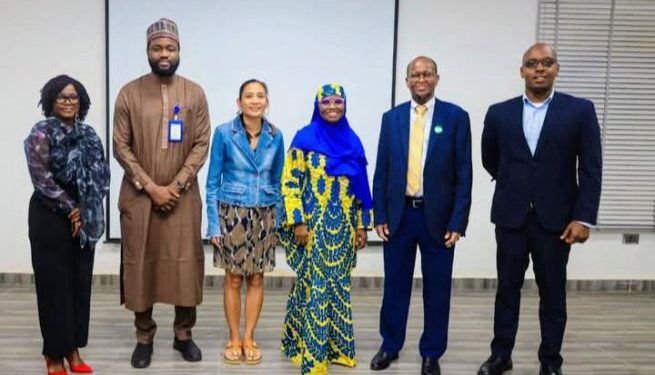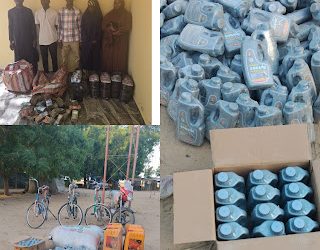Efforts have begun to provide digital inclusion through Community Connectivity-Centred Networks, via a workshop held recently at the Nigerian Communications Commission (NCC) office at Mbora, Abuja.
The forum brought together top industry minds from Nigeria and Kenya to chart successful processes to provide affordable, inclusive internet access through grassroots initiatives.
The workshop brought together formidable panel of experts, including Ms. Olusola Agunbiade, Research Director at Qualiquant Services Ltd; Mubarak Shamaki, Manager at the NCC’s Digital Economy Department; Kathleen Duga, Co-Manager of APC Locknet; Mrs. Hauwa Wakil, Deputy Director at NCC; and Mr. Haji Mohammad, Director of Frequency Spectrum Management at the Communications Authority of Kenya.
Taking center stage during the discussions brought in the resolve that bridging Africa’s digital divide requires shifting from traditional, top-down infrastructure models, to community-centered networks directed at local needs.
Ms. Agunbiade speaking, advocated a grassroots approach, stressing, “If we want genuine digital inclusion, we must hand communities the tools to build and manage their own connectivity solutions.”
Representatives of the NCC espoused the Commission’s active engagements to create a regulatory environment that nurtures innovation and decentralization.
Mrs. Wakil stated that the initiative dovetails with Nigeria’s National Digital Economy Policy and Strategy (2020–2030), which places community engagement and inclusive digital growth.
“The NCC is reviewing policies and frameworks to enable the rise of community networks and smaller, independent operators,” she stated.
The workshop agreed on empowering communities to control their digital future, stressing its necessity for achieving equitable, sustainable connectivity across Africa’s underserved regions.
Equally during her presentation, Kathleen Duga, representing the Association for Progressive Communications (APC), shared case studies of how community networks are transforming lives in remote, underserved regions.
She urged policymakers to create supportive frameworks that allow these initiatives to flourish.
According to her: “Connectivity isn’t just about infrastructure; it’s about empowering people, amplifying voices, and opening doors to the digital economy”.
Also, a regional leader, Haji Mohammad of the Communications Authority of Kenya, outlined Kenya’s progressive strides in embracing dynamic spectrum management and implementing flexible licensing regimes designed to accommodate rural and community-based network operators.
“Our experience in Kenya proves that inclusive, community-friendly spectrum policies drive innovation and make last-mile connectivity achievable,” he said.
The workshop ended with a firm commitment from regulators, policymakers, researchers, and community leaders to collaborate more closely in dismantling barriers to affordable, sustainable internet access.









